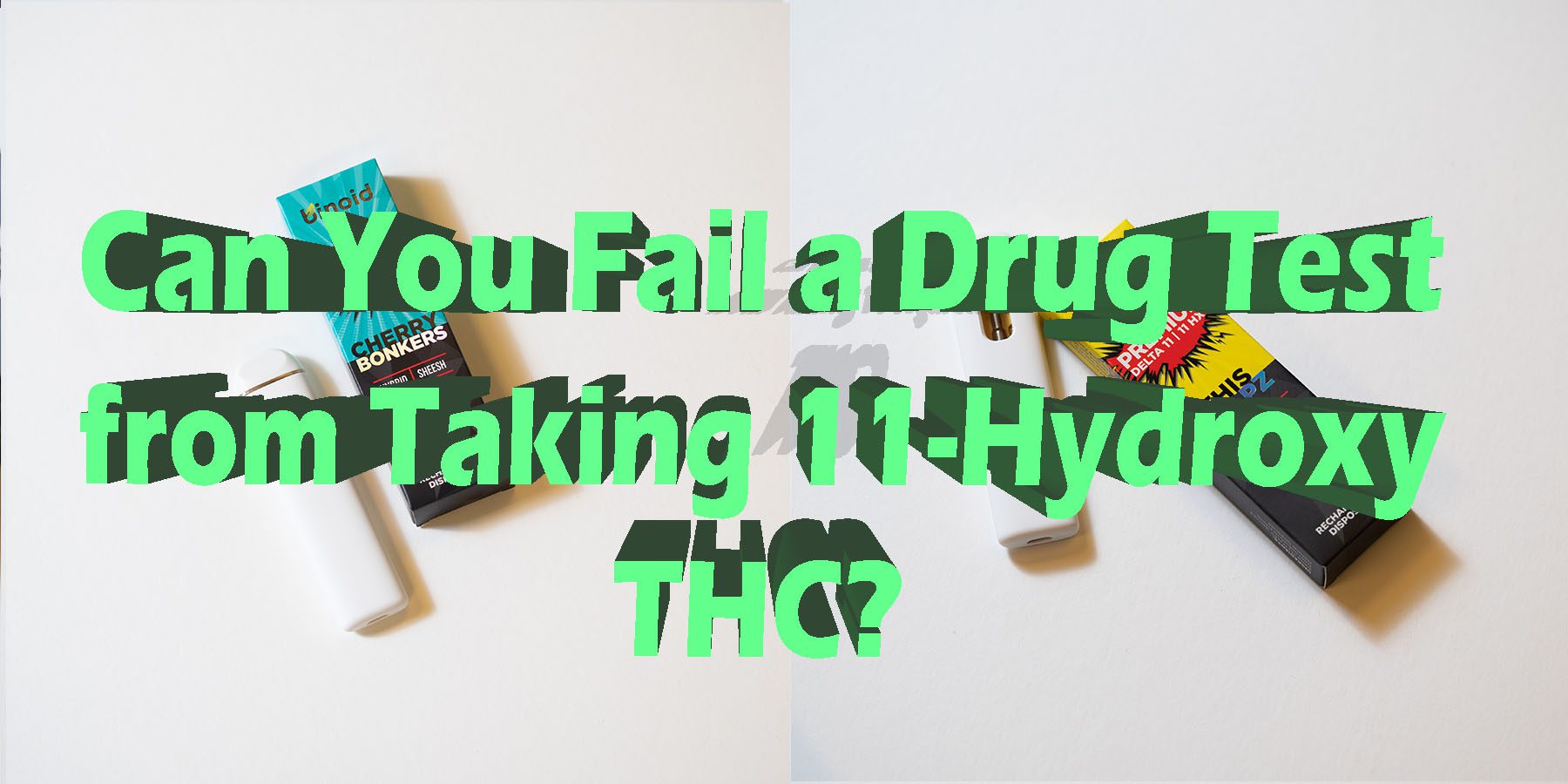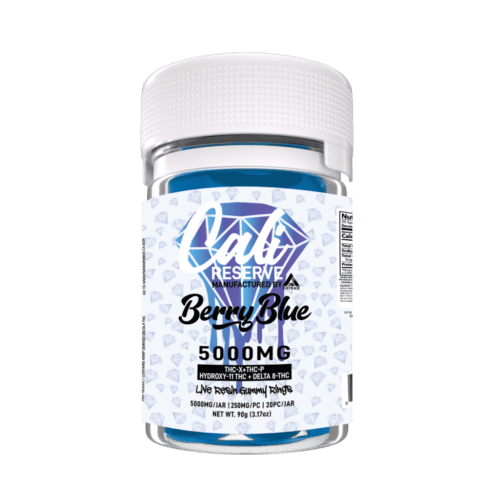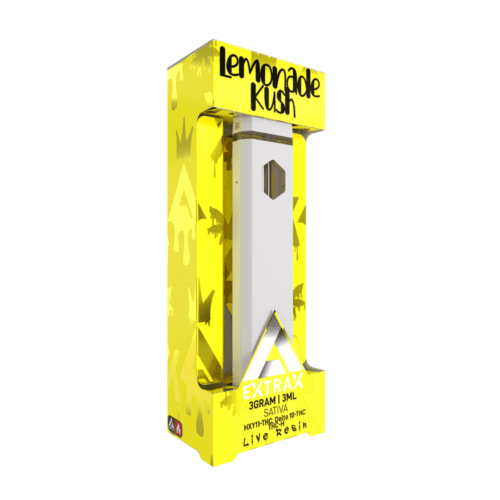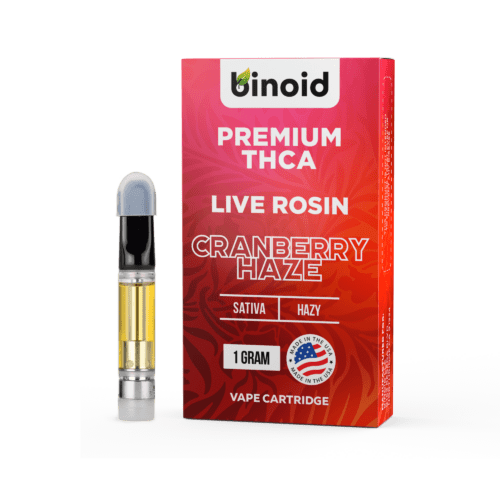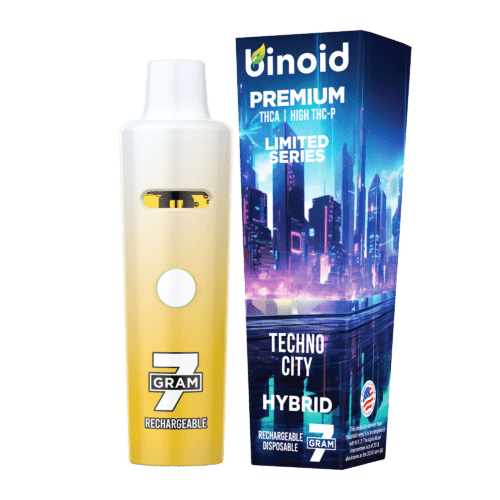11-Hydroxy-Δ⁹-tetrahydrocannabinol, usually referred to as 11-hydroxy-THC, is unique in that it’s the metabolite created by the liver after we consume delta 9 THC. Given that, many people naturally wonder how this extremely unique cannabinoid would affect the results of a drug test, since drug tests typically look for THC metabolites rather than actual cannabis. Let’s find out.
TO BUY 11-HYDROXY THC PRODUCTS CLICK HERE
Will Taking 11-Hydroxy THC Cause a Failed Drug Test?
The short answer is yes: taking 11-Hydroxy-Δ⁹-tetrahydrocannabinol can cause a failed drug test result. When we consume THC, the liver converts it into 11-hydroxy THC before the majority of it is released into the bloodstream to take effect. From there, 11-hydroxy THC is converted into THC-COOH, and THC-COOH is what is responsible for a positive drug test result – more on that later. So, 11-hydroxy THC does not bypass a drug test’s markers in any way.
We know that the cannabinoid has a faster onset time and higher potency than delta 9, and we do not know how this could influence the duration of how long a person could test positive for.
The Different Types of Drug Tests That May Pick Up 11-Hydroxy THC Usage
There are, in fact, a number of drug tests used in the United States to find traces of drugs, so let’s go through all of them.
- Urine Tests: Urine tests make up 90% of all drug tests used in this country and are the standard for employers and probation environments. They look for use of drugs 2-60 days after the last dose, and thus, are extremely reliable and affordable.
- Saliva Tests: Saliva tests are usually used by law enforcement to determine if a person may be presently high, as they only show whether or not a person has consumed THC in the last 10 hours.
- Hair Tests: Hair strand tests identify drugs taken in the last 90 days, but are very unreliable and expensive, so they’re rarely used by employers, and are more commonly used to produce autopsy reports.
- Blood Tests: Blood tests show whether or not a person is presently high, and do not look for THC-COOH but rather THC, as THC has not converted into THC-COOH until it leaves the bloodstream. These are more commonly conducted in hospital settings.
- Perspiration Tests: Perspiration tests are mostly used for clinical trials, and involve attaching a patch to a person’s skin, where it remains for 2 weeks, collecting their sweat over the period of time.
What Will Influence the Likelihood of Failing a Drug Test?
Let’s say you’ve already used 11-Hydroxy-Δ⁹-tetrahydrocannabinol, and you just found out there is a drug test scheduled for you to take. There are still ways you may pass, as you’ll find out below.
#1: Your Prior 11-Hydroxy THC Usage
Your last dose of 11-hydroxy THC makes a big difference. If it’s been over a month, there’s a good chance you’re in the clear. It’s also about how often you took it. THC-COOH metabolizes at the same rate no matter how much is in the body, so if you’ve taken the cannabinoid daily, there’s a lot of THC-COOH to work through the body before it’s gone, so you may test positive for longer – up to about 6 weeks. If you took only a small amount once a few weeks ago, it’s very unlikely it’ll show up in a test.
#2: How Your Body Metabolizes Cannabinoids
Because of factors related to genetics, diet, immune system function, etc., some people metabolize cannabinoids faster than others do, and are more likely to pass a test due to a quick metabolization of 11-hydroxy THC.
#3: A 11-Hydroxy THC Product’s Strength
If you’ve used a product type that comes in different milligram strengths, like gummies or a tincture, that also comes into play. You will metabolize 10mg of 11-hydroxy THC much faster than, say, 50mg.
How Drug-Testing For THC Works
When a person takes a standard urine test for an employer or other type of organization, the test is not actually seeking to identify levels of THC in the body. Instead, it’s looking for THC-COOH, which is a type of metabolite that is released into the body when a person consumes THC, in order to break it down. THC-COOH is fat-soluble, which means that it remains in the body for quite a while. This is why a person can test positive for several days up to weeks following THC usage.
Because standard drug tests are testing for a metabolite rather than a specific compound, this raises the question about how tests will respond to other cannabinoids. In other words, are there other compounds in hemp that cause the body to produce THC-COOH besides delta 9 THC?
What Should You Know About 11-hydroxy THC Before Getting Tested?
If you want to take your chances and use 11-hydroxy THC products despite knowing that you may be drug-tested in the relatively near future, there are some things to keep in mind first. One is that in the event that 11-Hydroxy-Δ⁹-tetrahydrocannabinol does, in fact, trigger a positive result, your usage can make a difference.
Comparing it to THC, we see that those who only use marijuana once in a while can require 5 or so days before they test “clean”, while heavy users may need somewhere around a month of abstinence before THC-COOH is no longer detectable in their urine.
In other words, if you are worried that using 11-hydroxy THC can cause a positive result, you might want to apply this information to your 11-hydroxy THC usage. In other words, consider when it’s time to take a break from using 11-hydroxy THC so that the potential levels of THC-COOH would no longer be traceable by the date of your test.
Also, there are cannabinoids that do likely trigger THC-COOH, and those are delta 8 THC, delta 10 THC, THCA and THC-P. Some hemp companies make products that combine 11-hydroxy THC with at least one of these cannabinoids, so taking them could cause you to fail a drug test, not because of the 11-hydroxy THC itself.
With THC Drug-Testing, It’s Better to Be Safe Than Sorry
While it hasn’t yet been fully proven that taking delta 9o can cause a failed drug test, and even though 11-hydroxy THC is initially metabolized through unique mechanisms, it’s likely that it does turn into THC-COOH after it leaves the blood, which would mean you’re likely to fail. So, best to ease on the side of caution, and just refrain from using the cannabinoid if you know you’ll be tested in the next few weeks. After all, nobody wants to lose their job over a positive test result.

